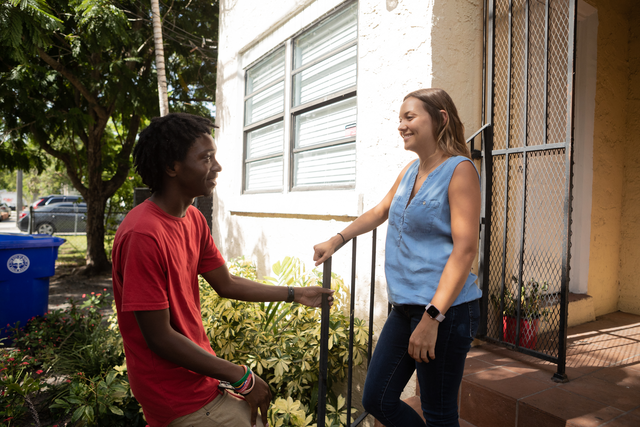A recent report from the University of Chicago’s Chapin Hall research center aims to identify which youth are most likely to become homeless when transitioning from foster care.
The “Midwest Study” is a long-term longitudinal study of former foster youth in Illinois, Iowa and Wisconsin. It follows more than 700 participants from 2002, when they aged out of foster care, through 2011, when they were 26 years old.
The study found that 36% of participants had experienced at least one episode of homelessness by the age of 26 (defined as sleeping in “a place where people weren’t meant to sleep”, sleeping in a homeless shelter, or not having a regular residence).
Researchers identified six factors that were associated with an increased risk of becoming homeless:
- Being male
- Having symptoms of a mental health disorder
- Experiencing multiple placements while in foster care
- Experiencing physical abuse before entering foster care
- Having run away at least once from a foster care placement
- Engaging in delinquent behaviors
The study findings paint a grim picture for youth aging out of foster care, and show that much needs to be done to prevent them from becoming homeless.
For the full study, please click here.




